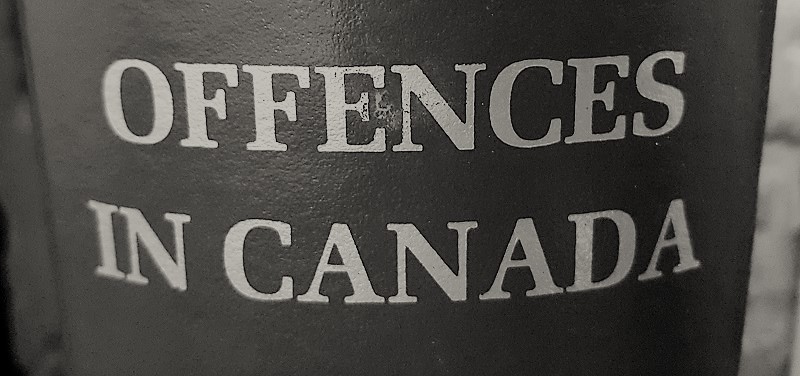
Summary v. Indictable Offences
Types of offences:
In Canada there are three types of offences: 1) Summary conviction offences; 2) Indictable offences, and 3) Hybrid offences. This article provides a brief summary of these offences. Please note that the information provided is very basic legal information and is not legal advice. Please contact a criminal lawyer if you require legal assistance.
What are Summary conviction offences?
Summary offences are less serious than indictable offences because they carry shorter punishments and smaller fines. In most cases, a person would not be arrested, but instead, would be given a promise to appear in court on a certain date and at a certain time. The police do not need an arrest warrant, and you are not required to submit your fingerprints to the police.
A Judge hears summary conviction cases in provincial court and the accused does not have the right to a jury trial. The charges must be laid within six months of the time the offence happened. The penalties usually do not exceed six months of jail or a fine of more than $5,000.00, or a combination of both.
What are Indictable offences?
Indictable offences involve more serious crimes, including murder, drug trafficking, robbery, and other serious acts. As such, these crimes carry serious punishments.
The procedure which applies will depend on the seriousness of the offence. Some indictable offences will be tried by a provincial court judge without a preliminary hearing, while others will be tried by a superior court judge with or without a preliminary hearing, or a superior court judge and jury, with or without a preliminary hearing. For many indictable offences, a person can choose how they wish to be tried. There is no limitation period for indictable offences, which means that the police can lay criminal charges at any time.
For these offences, the police require an arrest warrant unless there are reasonable grounds to believe that a person committed an indictable offence or is about to commit one. This is provided by section 495(1) of the Criminal Code of Canada. Additionally, fingerprints are required and failure to provide these may result in further charges.
What are Hybrid offences?
These are offences where the crown decides whether to proceed by summary conviction or indictment. Most offences under the Criminal Code of Canada fall under this category. In deciding how to proceed, the crown may consider factors such as: the person’s criminal record, nature and seriousness of the offence, the complexity of the case, etc.
For some serious offences (i.e assault causing bodily harm; sexual assault), although the crown may proceed summarily, the maximum penalty may be subject to a higher term. In these cases, the accused may face a maximum penalty of up to eighteen months imprisonment.
Contact me:
If you require further information or any legal advice, please contact Sanja Mavrak at (416) 554-4974 who is an experienced Criminal Lawyer to advise you on any of the above matters.


